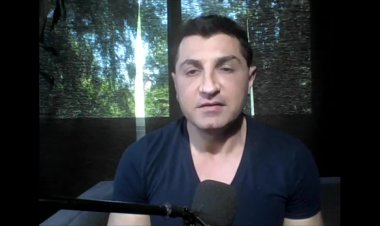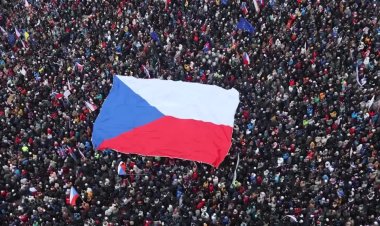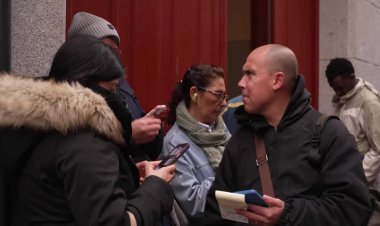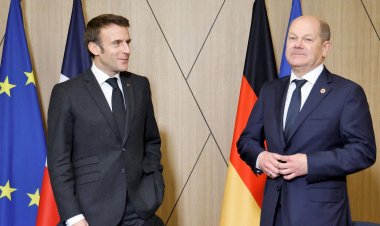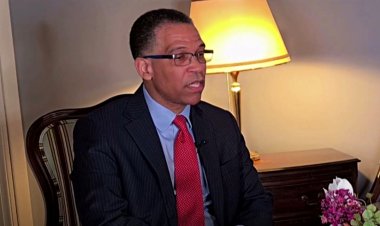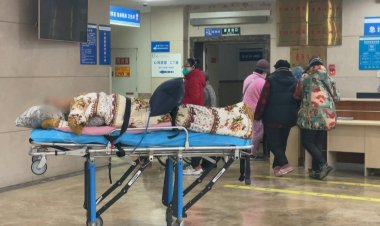Russia inches toward Kyiv, its attacks draw war crimes warnings
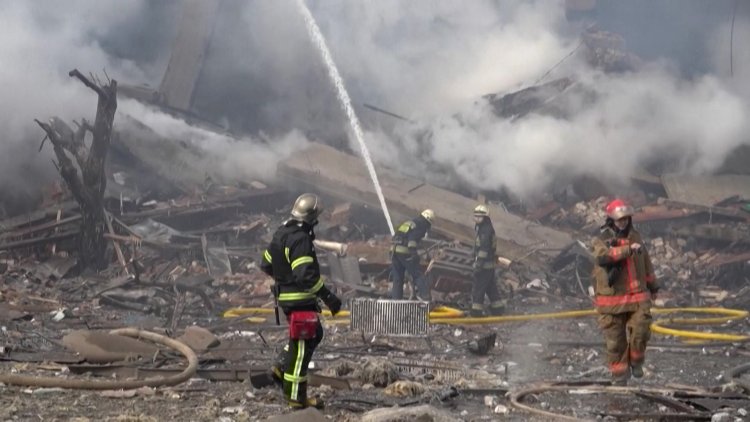
The US and the EU moved Friday to tighten the economic noose around the Kremlin as Russian forces inched toward the capital Kyiv and pounded civilian areas of Ukrainian cities, drawing a flurry of warnings of potential war crimes.
US Vice-President Kamala Harris said Russian President Vladimir Putin "shows no sign of engaging in serious diplomacy" to end the war he launched on February 24.
Harris spoke in Bucharest, her latest stop on a tour of Ukraine's EU and NATO neighbors, former Soviet satellites, to reassure them the transatlantic alliance is solid as Putin ratchets up his denunciation of NATO's eastward advance since communism collapsed in the 1990s.
Keen to avoid a direct military intervention in non-NATO Ukraine that they fear could trigger World War III, the allies announced further steps to increase the economic pressure on the Kremlin to rein in its forces.
President Joe Biden said Friday the US and its allies would end normal trade relations with Russia and announced a ban on imports of Russian vodka, diamonds and seafood. The US will also ban the export of US luxury goods to Russia and Belarus.
"Putin must pay the price. He cannot pursue a war that threatens the very foundation of international peace and stability and then ask for help from the international community," Biden said.
EU chief Ursula von der Leyen said that Brussels will ban the export of luxury goods to Russia, striking a "direct blow to the Russian elite."
US and European stock markets had risen earlier, buoyed by Putin's comments about "certain positive shifts" in negotiations with Ukraine.
Ukrainian President Volodymir Zelensky gives a speech via video teleconference to the Polish Parliament on the 23rd anniversary of Poland's accession to NATO. Zelensky says Ukraine and Poland are fighting "together" and thanks the Polish people for welcoming Ukrainian refugees.




